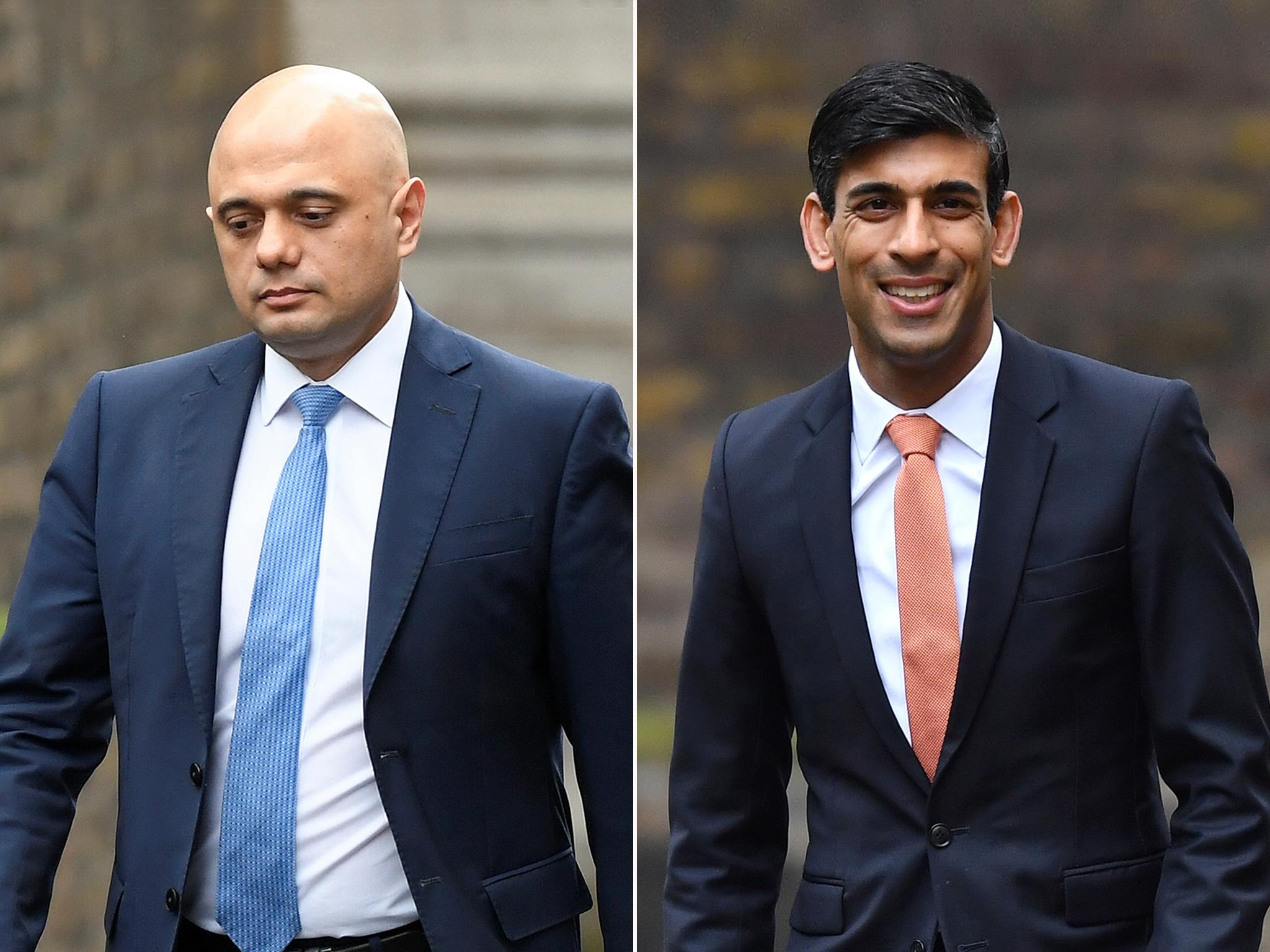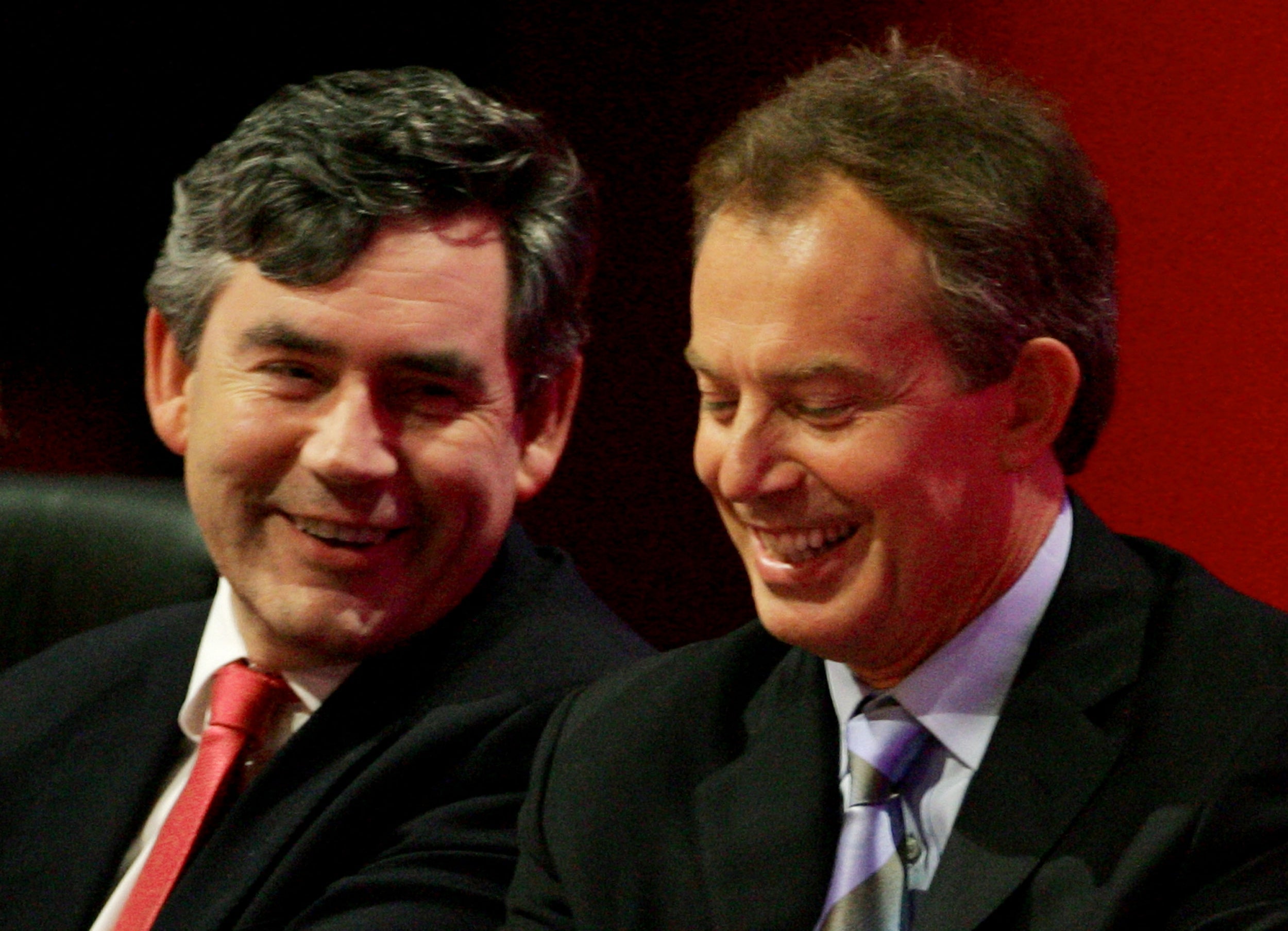A Whitehall shake-up will not be the spending free-for-all that the City envisions
Comment: While Johnson and Cummings may be gunning for subtle control of the Treasury, the appointment of a new chancellor will not really change the game, says Chris Blackhurst


The engraving on the black, shiny door of No 10 should provide a clue: First lord of the Treasury. Down the years, the wording has seemed incongruous. But not now, not when the Chancellor resigns because he won’t follow the prime minister’s order to fire his political advisers. Today, with Sajid Javid gone, replaced by Rishi Sunak, there is no doubt who is first lord of the Treasury. It’s Boris Johnson, aided and abetted by his chief adviser, Dominic Cummings.
Much has been made in the past few days of previous prime minister-chancellor relationships. But I suspect, given their ages, there is one that is seared in the minds of Johnson and Cummings. It’s the Tony Blair-Gordon Brown axis, when the Chancellor set up what amounted to a shadow government, a government-in-exile even, across the road in the Treasury.
Until then, the Treasury had always been the most powerful of Whitehall departments. Of course it was, the Treasury was the controller of the public purse, the money. Generally, though, chancellors did as they were told, taking their cue from the prime minister.
There were exceptions, but they centred on disagreements over individual events. What Brown did was to establish an alternative power-base, and embed it into the system. Every single spending function in Whitehall had its mirror in the Treasury. All ministerial roles were duplicated. Ministers and their own officials found them trying to second-guess what their Treasury equivalents were thinking. Nothing moved without the say-so of these hidden, un-named mandarins.
The bureaucracy this created was enormous. Just one example: a friend was involved in the setting up of a joint No 10 and 11 initiative to boost assistance to Africa. You might suppose a joint body – it was called the Africa Commission or the Blair Commission for Africa – might mean it was easy to manage, requiring joint sessions between the prime minister’s people and the chancellor’s. Not a bit of it. Instead, anything relating to the commission had to go through at least two meetings. Two sets of officials would examine and discuss the proposal separately – one lot from No 10, and the other from No 11.
Imagine that, recreated right across the higher echelons of government. Going to the Treasury during the Brown years was to enter a parallel headquarters. There were people everywhere; bright, clever people too; holding meetings galore, locked in earnest analysis. Other departments felt totally intimidated, living in dread of being belittled by Brown and his team, their great idea shot down in humiliating fashion.
Things are going to change, Whitehall is going to be shaken up, and this is where it starts
Yes, Blair was the prime minister, and yes, the door’s brass plate affirmed his seniority – how it must have hurt Brown every single time he went past that sign – but the rivalry was extraordinary. Since then it has dissipated, but not entirely. The Treasury remains primus inter pares, possessor of the funding equations and modelling, able to question and challenge. It can do so, too, on the strongest footing. While other departments may object to what another is doing, the Treasury’s stance is grounded in reality: how much will it cost, and where is the cash coming from?
The City’s reaction to Javid’s departure is to assume it signals the releasing of the brakes, that we’re heading for higher spending. To a point, perhaps. The fact Johnson has sanctioned the go-ahead for HS2, coupled with his declared aim to level public investment between north and south, is being seen as heralding a fiscal free-for-all.

But Sunak is not the sort to throw caution to the wind. He’s known for advocating care where the public finances are concerned. He’s a banker by background, the same as his predecessor. Some bankers famously almost brought the country to its knees with their devil-may-care attitude, but they weren’t the sort who take enormous cuts in pay to serve their country. Javid was careful, and Sunak is likely to be.
Ah, I hear you say, Sunak does not matter. He’s a bit player now, a chancellor without any clothes. That’s not the case. To adapt Oscar Wilde: to lose one chancellor may look like misfortune, to lose two looks like carelessness. Johnson will not wish that to occur.
Far rather is the desire to do away with the meandering slowness, to speed up the process and abolish government by endless meetings and committees. And to scrap the whispered Treasury countermanding and briefing of the media, which has been a characteristic of numerous administrations, not just Blair’s.
Early-on in the life of this government, a marker has been put down. Things are going to change, Whitehall is going to be shaken up, and this is where it starts.
It may have been ignored by countless visitors, may have been mocked on occasion, may have been by-passed by Brown and his acolytes, but the sign on the door has meaning. First lord of the Treasury. By forcing through the removal of the chancellor’s advisers, Johnson, with Cummings, is determined to use a phrase oft-repeated in another context regarding them both, to Take Back Control.
Join our commenting forum
Join thought-provoking conversations, follow other Independent readers and see their replies
Comments